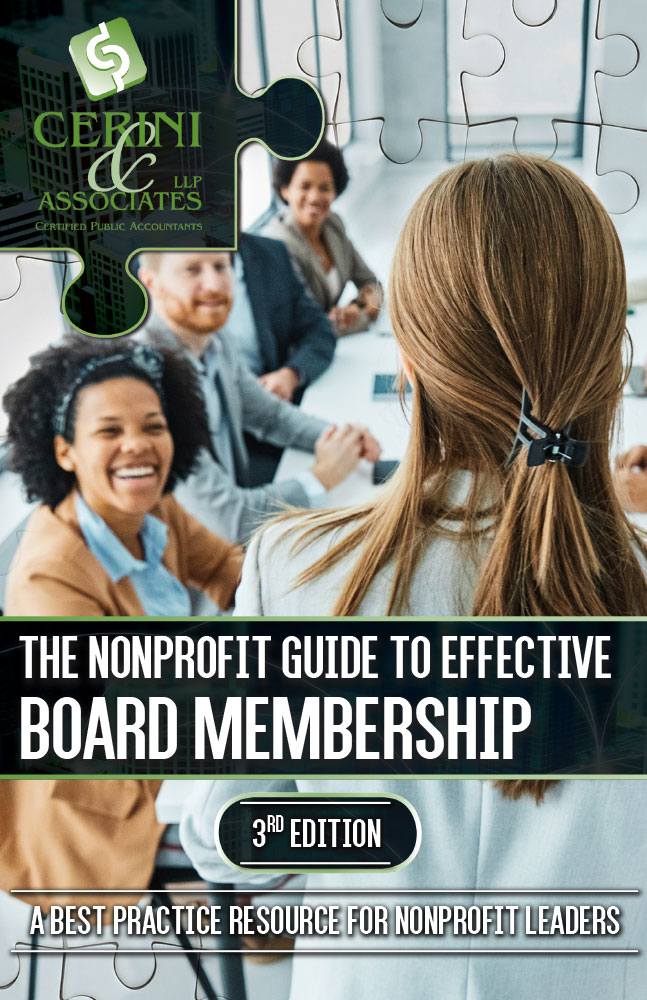The landscape of nonprofit boards is evolving. No longer is it enough to find board members solely based on their financial contributions. Today’s ideal board member embodies a deep understanding of the community they serve and reflects its diverse makeup. Here are the key characteristics that define the new standard for board members:
The Ideal Board Member: A Unified List
1.) Pre-existing Passion for the Cause
A genuine passion for the organization’s mission is non-negotiable. This intrinsic motivation fuels commitment and drives impactful work.
2.) Eagerness to Participate at Every Meeting
Regular attendance is crucial. Board members must be actively involved, bringing their insights and energy to every meeting.
3.) Willingness to Prepare Ahead for Meetings
Preparation is key. Board members should come to meetings well-informed, having reviewed all necessary materials in advance.
4.) Anxious to Serve on Committees
Engagement extends beyond board meetings. Effective board members actively participate in committees, contributing their expertise and enthusiasm.
5.) Ability and Propensity to Give Above Average Financially
While financial contributions are important, the focus is on giving within their means and leveraging their networks for fundraising efforts.
6.) Strong Desire for Stewardship to Others
Stewardship involves nurturing relationships with donors, stakeholders, and the community, ensuring their contributions are valued and impactful.
7.) Supportive, Yet Willing to Express Their Own Opinion
Constructive dissent is vital. Board members should support collective decisions but also feel empowered to voice their unique perspectives.
8.) Strives to Learn as Much as Possible
Continuous learning about the organization, its challenges, and the broader sector ensures board members are effective and informed.
9.) Emotional Intelligence
Understanding and managing emotions enhances decision-making and interpersonal relationships within the board.
10.) Ability to Commit
Board roles are demanding. True commitment involves time, energy, and a willingness to engage beyond regular meetings.
11.) Equanimity
Remaining calm and composed, especially during stressful situations, is crucial for effective governance.
12.) Being Open-minded
Embracing diverse perspectives and being willing to adapt your views strengthens board dynamics and decision-making.
13.) Mindfulness of Impact
Board decisions have far-reaching consequences. Considering both micro and macro effects is vital for responsible governance.
14.) Bravery
Effective board members are not afraid to ask tough questions and challenge assumptions, driving the organization towards better outcomes.
15.) Dispassionate Passion
Balancing passion with logic ensures that emotions do not cloud judgment, leading to sound decisions.
16.) Saying No to Good Ideas
Prioritizing the best ideas over merely good ones ensures focused and effective use of resources.
17.) Understanding and Reflecting the Community Served
Board members should have a deep understanding of the community they serve. In many cases, this means being a part of that community. This connection ensures that the board’s decisions are relevant and impactful, directly addressing the community’s needs and perspectives.
18.) Knowledge Isn’t Everything
A common misconception is that vast knowledge about the mission, law, finances, or fundraising alone makes for a strong board member. While these skills are valuable, they must be complemented by the right mindset.
19.) Passion for the Mission
Passion drives action. Board members with a deep connection to the cause often outperform those with mere technical expertise.
20.) The Power of Mindset
A positive, proactive attitude can surpass extensive knowledge. Board members with a “can-do” spirit and strong work ethic often contribute more effectively to the organization’s success.
The new board looks beyond financial contributions, seeking members who bring passion, commitment, and a deep understanding of the community they serve. By embodying these attributes, board members can drive their organizations towards greater impact and success. Reflect on these qualities as you seek to strengthen your board or consider your own role within it. Together, let’s build boards that are not only knowledgeable but also truly dedicated to their mission and community.






No comment yet, add your voice below!